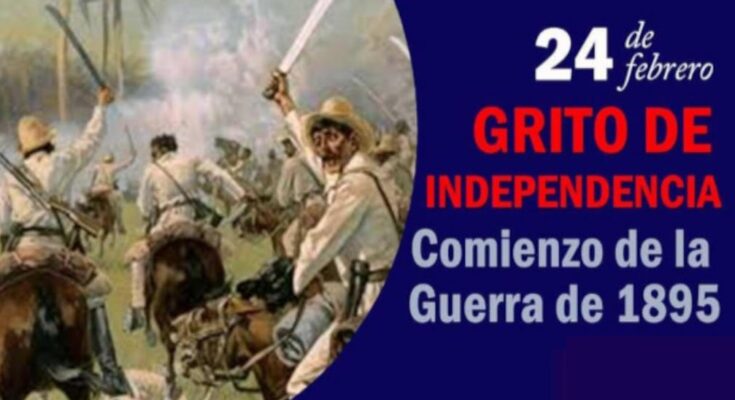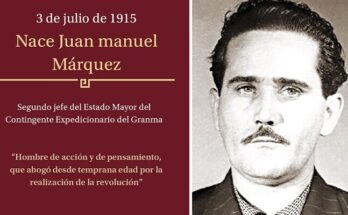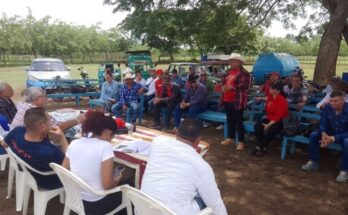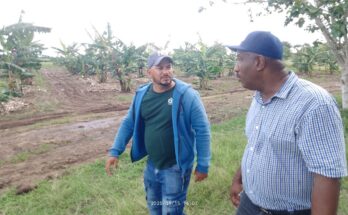Florida, Feb. 24 – With the realization of several simultaneous uprisings in the Oriente, on February 24, 1895, a new stage of the struggle for Cuban independence began, a continuation of the one initiated in La Demajagua in 1868.
Known as The Necessary War, this new stage of struggle was organized by José Martí, who from his emigration and in his condition of maximum representative of the Cuban Revolutionary Party, had created the conditions for the insurrection to begin in Oriente, as well as in the rest of the country.
To achieve his pro-independence objectives, Martí relied on the most important figures of the previous heroic deeds, and managed to structure a movement that responded to his orders without hesitation.
In the eastern region, the leadership of the movement was shared by Guillermón Moncada and Bartolomé Massó, two veterans of the Ten Years’ War, and its fundamental feature was the massive character it quickly acquired.
In the west, the uprisings of Juan Gualberto Gómez in Ibarra and those of Jagüey Grande and Aguada de Pasajeros, lacking a strong social base and a core of veteran officers, were put down with the arrest of their main leaders.
The war that began on this date in 1895 in Cuba, was the culminating point of the arduous and patient organizational work of José Martí, his most beautiful epic work and the fruit of his sleepless nights.





